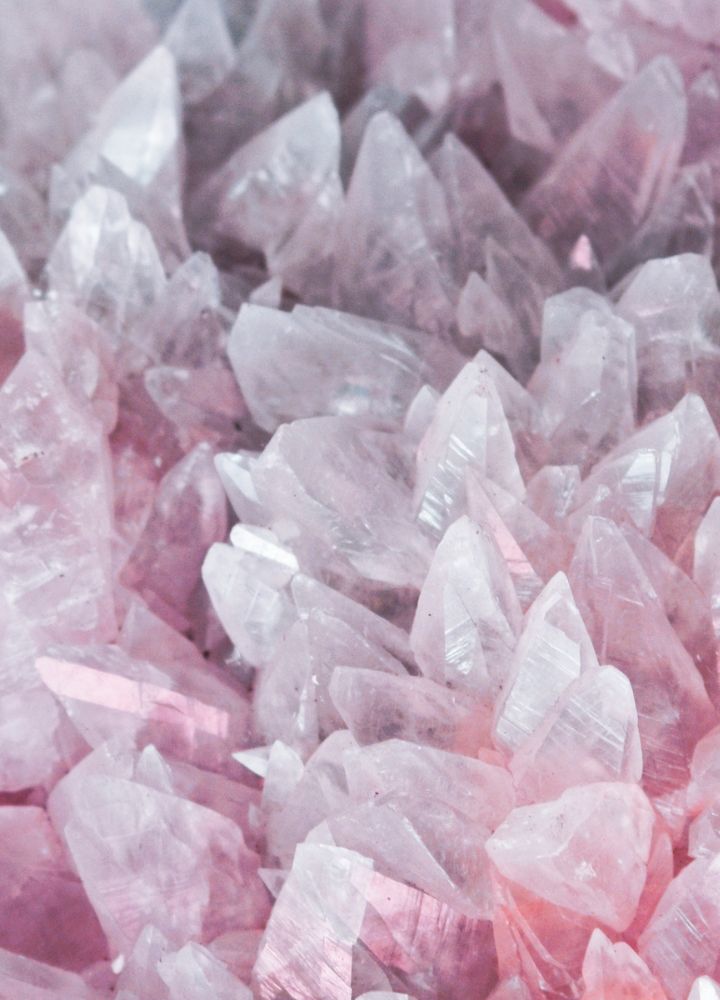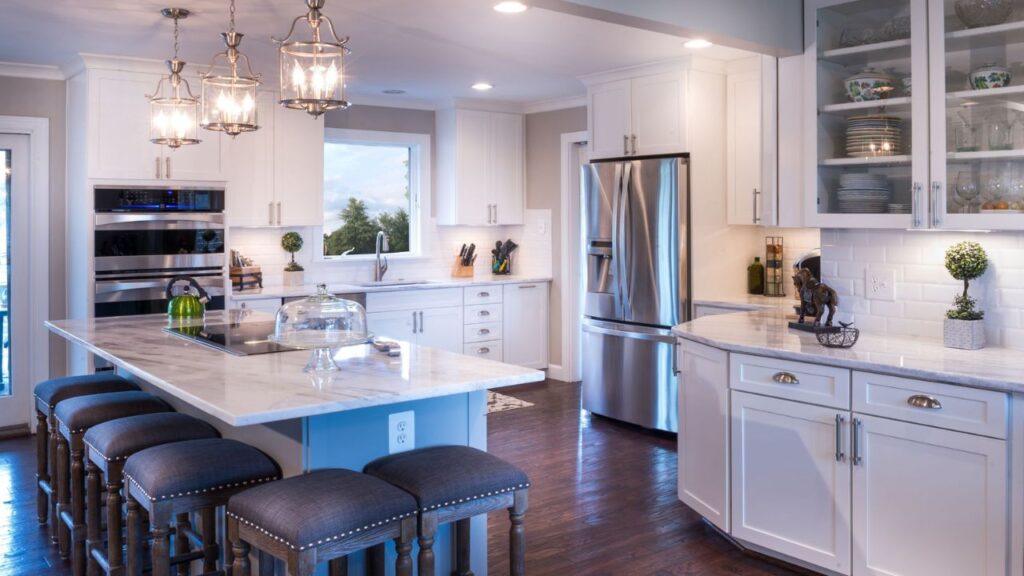
Advantages of Choosing Quartz Stone Over Marble
Decorating a home reflects your personal identity, embedded in every aspect of its design. Crafting the perfect home entails a meticulous process that commences with the careful selection of materials for essential elements like countertops, flooring, and other surfaces. To fulfill this requirement, there are two popular options: quartz & marble. For enhancing elegance and luxury, these two stones are perfect for your needs.
However, the dilemma of choosing between these two options can still be perplexing at times. So, to ease down the process of choosing, here is a quick comparison of Quartz stone vs. marble. This detailed differentiation will provide valuable guidance to help you make an informed choice.
Durability: Quartz vs Marble
Quartz: Quartz countertops are engineered to be incredibly durable. They consist of approximately 90-95% crushed natural quartz mixed with resins and pigments. This composition creates a surface that is resistant to scratches, cracks, and chipping. Quartz can withstand daily wear and tear, making it an ideal choice for high-traffic areas like kitchens and bathrooms.
Marble: Marble, while stunningly beautiful, is a softer natural stone. It is more susceptible to scratches and chips, especially in areas with heavy use. Over time, marble countertops may develop etching from acidic substances like lemon juice or vinegar, which can compromise their appearance. In some cases it might appear beautiful but durability of this stone is always questionable.
Maintenance: Quartz Stone vs Marble
Quartz: One of the most significant advantages of quartz is its low maintenance. Because this stone is non-porous, it doesn’t absorb liquids. This property makes quartz highly resistant to staining from common household items like coffee, wine, or oil. Cleaning quartz surfaces is as simple as using a damp cloth and mild soap. Unlike marble, you don’t need to worry about regular sealing.
Marble: Marble is porous and requires periodic sealing to prevent staining and etching. Cleaning marble can be more delicate, as you must avoid using harsh chemicals or abrasive cleaners that could damage the surface. The maintenance demands of marble can be higher compared to quartz. Once your marble stone is damaged you might not be able to clean it properly.
Variety of Colors & Patterns: Quartz Stone vs Marble
Quartz: Quartz offers a vast range of colors and patterns, including options that mimic the natural veining of marble. Whether you prefer a classic white countertop or a bold, colorful design, quartz provides ample choices to suit your style and decor.
Marble: While marble is known for its elegance and timeless beauty, its color and pattern options are more limited compared to quartz. Marble often features classic white and grey tones with various vein patterns.
Consistency in Appearance: Quartz Stone vs Marble
Quartz: Engineered quartz provides consistency in color and pattern across all slabs. This ensures that your countertops and surfaces will match seamlessly, making it easier to achieve a uniform look throughout your home.
Marble: Natural marble can exhibit significant variations in color and veining from one slab to another. And that makes it challenging to create a consistent appearance, particularly in larger projects.
Resistance to Heat: Quartz Stone vs Marble
Quartz: This is highly heat-resistant and can withstand hot pots and pans without scorching or burning the surface. This makes it an excellent choice for kitchen countertops.
Marble: While marble can handle moderate heat, it is more prone to heat damage than quartz. It’s advisable to use trivets or hot pads to protect the surface from direct contact with hot cookware.
Hygiene: Quartz Stone vs Marble
Quartz: Being non-porous, quartz is naturally resistant to the growth of bacteria and Mold. This makes it an ideal choice for kitchen and bathroom surfaces where hygiene is paramount.
Marble: Marble’s porous nature can make it more challenging to keep completely free of potential health hazards. So it can harbor bacteria and require more rigorous cleaning.
Long Term Costing Saving: Quartz Stone vs Marble
Quartz: The biggest advantage of quartz stone over marble is its cost. It may have a higher initial cost compared to marble, but its long-term cost-effectiveness becomes evident through reduced maintenance expenses, fewer repairs, and longer-lasting beauty.
Marble: Marble’s maintenance requirements, including periodic sealing and more delicate care, can result in higher long-term costs. You might find some cheap priced marbles but again with a lower price you have to compromise in the quality of stone.
Conclusion
By reading the above article on Quartz stone vs marble, you must have decided what to choose. But again there must be one question pondering in your head. From where to buy the best quartz stone? Miraak Surfaces provides you premium premium-quality quartz stone for your both personal and commercial requirements. To know more about how to order, contact us.
Follow us on Facebook – @miraaksurfaces

